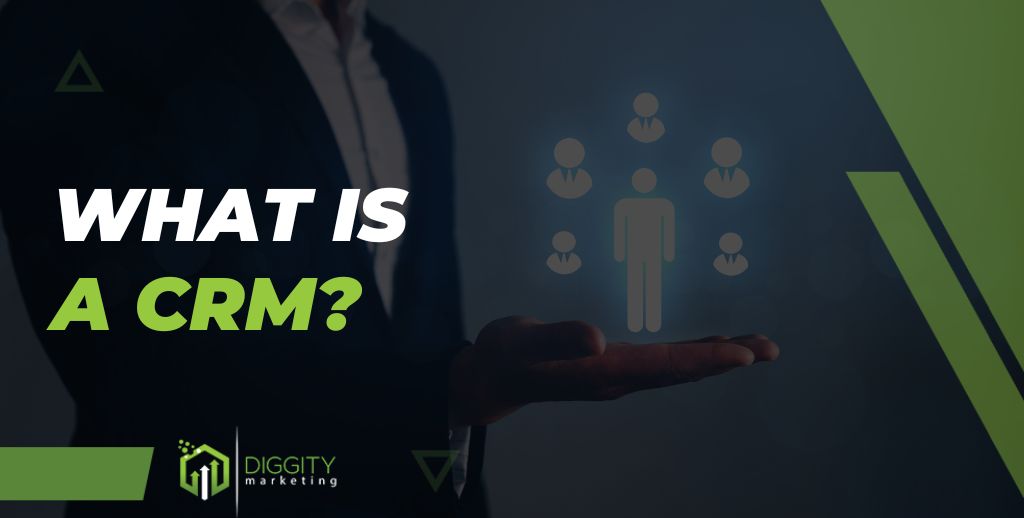
Customer relationship management (CRM) is a great way to keep in touch with your clients and potential customers.
This software helps your business foster a close relationship with customers throughout the time you would have to spend with them.
It also helps outsource for potential customers and ensures they become your regular clients who will help drive your business success even further.
In this article, I will reveal everything you need to know about CRM software and the benefits your business stands to gain from it.
Table Of Contents
Quick Summary
A CRM is a software that handles customer data for businesses and organizations to promote a good relationship between these businesses and their customers.
Using CRM allows you to make future predictions about your business performance by providing you with data that contains a history of your past performances.
A cloud-based CRM is a good choice if you own and manage a small business since it is cost-effective and relatively easy to set up and use.
What Is A Customer Relationship Management (CRM)?
Many organizations and businesses use customer relationship management (CRM) to establish and manage customer interactions and relationships that lead to business success.

Team members can use this software across multiple departments, from marketing to sales, customer service, recruiting, and others.
With CRM, it is easy to see, access, and analyze customer data to make well-informed decisions.
With this software, you can know exactly what customers purchased, the last time they made a purchase, how much they paid, and much more. With this data, you can learn how to foster business-customer relationships.
Types Of CRM Systems
Four types of CRM systems are typically used by businesses and organizations worldwide. These systems include the following:
Collaborative CRM Systems
Collaborative CRM Systems bring together multiple departments across various organizations to work with a single customer data.
For example, a team member who works in the sales department can access a customer’s purchasing history to make an informed decision on what the customer needs.
Collaborative CRM systems also ensure that customer experiences are shared among every individual department in an organization in a way that fosters productivity, prevents data loss, and improves success rates.
Operational CRM Systems
Operational CRM systems focus on individual units of the organization in line with handling customer relationships.

This type of CRM system is different from the unified form of collaborative CRM systems since it ensures the improved performance of each organizational unit and its success.
Analytical CRM Systems
Analytical CRM systems are focused on providing high analytical intelligence based on a given customer data.
This type of CRM system comes with multiple tools, such as interactive dashboards, workflow analytics, text, and speech analytics.
Analytical CRM systems are impressive for reporting data and customer activities as accurately as possible to organizational executives and managers.
All-in-One CRM Solutions
All-in-one CRM solutions encompass all the features of the above-listed CRM systems. It focuses on customer relationships and automates organizational workflows and operations.

An interesting fact about all-in-one CRM systems is that they can be integrated with other solutions to enable easy data transfer while at the same time serving as the best tool for both customer and business operations [1].
All-in-one CRM solutions are best suited for organizations that handle large workflows and belong to specific industries, such as manufacturing, where standard automation is essential.
Types Of CRM Tools
There are several types of CRM tools utilized by different organizations, which are briefly explained below:
Cloud-Based CRM
A cloud-based CRM is focused on cloud computing and is primarily used by SaaS businesses. Here, the data is stored in a remote network and is made available to all employees so long as they have an internet connection.
In some cases, to access the data, they would have to pay monthly or yearly subscription fees to utilize the services of a third-party provider responsible for maintaining the network.
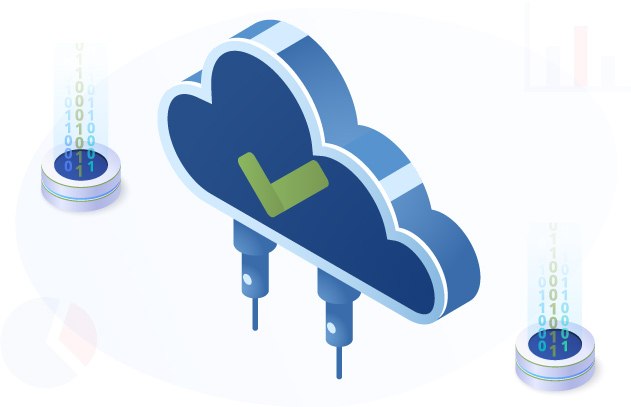
Organizations use cloud-based CRM when they have constrained technological resources and want something relatively quick and easy to use.
However, while cloud-based CRM may be more cost-effective, data can be lost when the cloud provider stops operating or moves to another organization [2].
On-Premises CRM
With on-premises CRM, your business will have to purchase licenses rather than pay for monthly or yearly subscriptions.
Here the software will be installed within your company’s servers, and you will have to bear the cost of any upgrade that may arise.
On-premises CRM usually takes a long installation process to incorporate a company’s data fully and is best suited for large organizations or businesses with advanced CRM needs.
Open Source CRM
An open-source CRM makes its source code available to the public to be used by multiple companies.

A company can also make alterations and changes in a way that would not affect other companies utilizing the CRM [3].
This type of CRM is generally known to offer affordable pricing plans for hosting for various businesses. It is also best suited for businesses that need custom CRM solutions tailored to their needs.
What CRM Means For Your Business
CRM is an important tool for any modern business that wishes to be a success. This software allows you to know and understand your customers in full detail, all from one place.
For instance, from your dashboard, you can know your customer’s purchasing history, deduce what your customers like, their complaints, what they say about your products, and much more.
This will lead to you undertaking a data-driven approach to promote your business and be better able to make decisions and forecast future results.
This way, customers will understand that you place a high value on them and can react to their feedback irrespective of the operational unit involved.
The CRM platform makes it simple for your company to have a great customer support system where you can keep track of customer inquiries and report them to the sales and marketing unit and other units of these activities.
Benefits Of Using A CRM System
There are tons of benefits your business stands to gain by using a good CRM system. Here they are below:
Quality Customer Service
CRM software today can be utilized for various functions, but before that, its primary aim was managing customer relationships, which can be achieved by providing high-quality customer service.
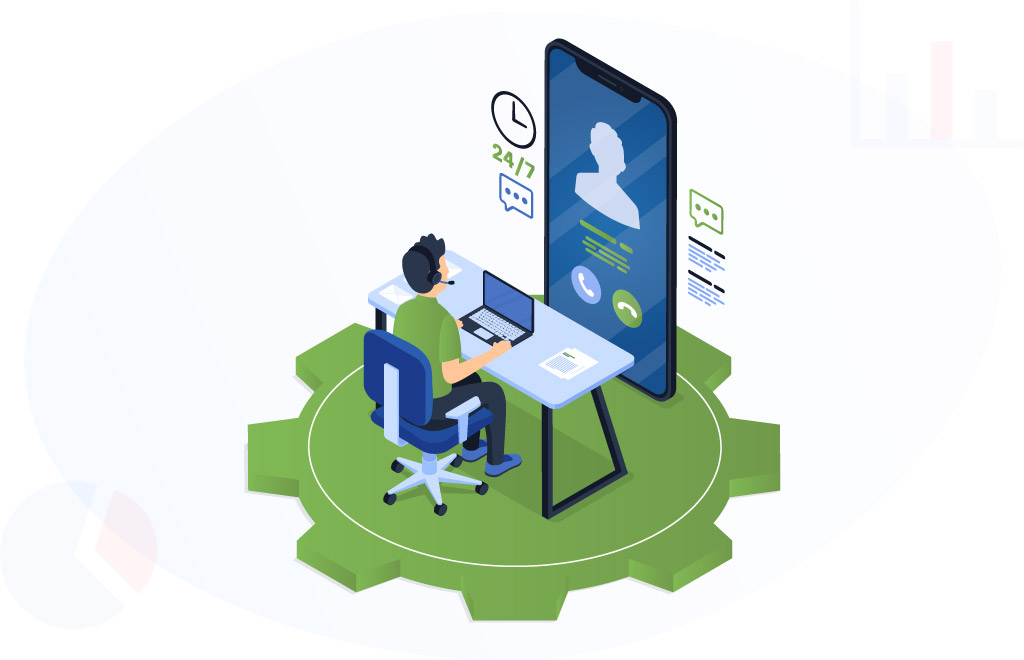
The CRM software provides you, your sales team, and other team members with all the necessary customer data so that you know how your customers feel at every given time.
With this information, you should devise a way to better their experiences, such as providing a good system for emails, chats, and phone calls to promote solid customer service and complete customer satisfaction.
Increased Sales
With CRM software, you can create a well-organized sales process and automate sales activities that will foster productivity and translate into more sales for you.
This well-organized sales process can also be done in such a way that it can be utilized by your workers and modified from time to time or as the need arises.
In-Depth Data Analytics
You can utilize CRM software to not only gather data but to break them down and analyze them using the software’s analytic capabilities.
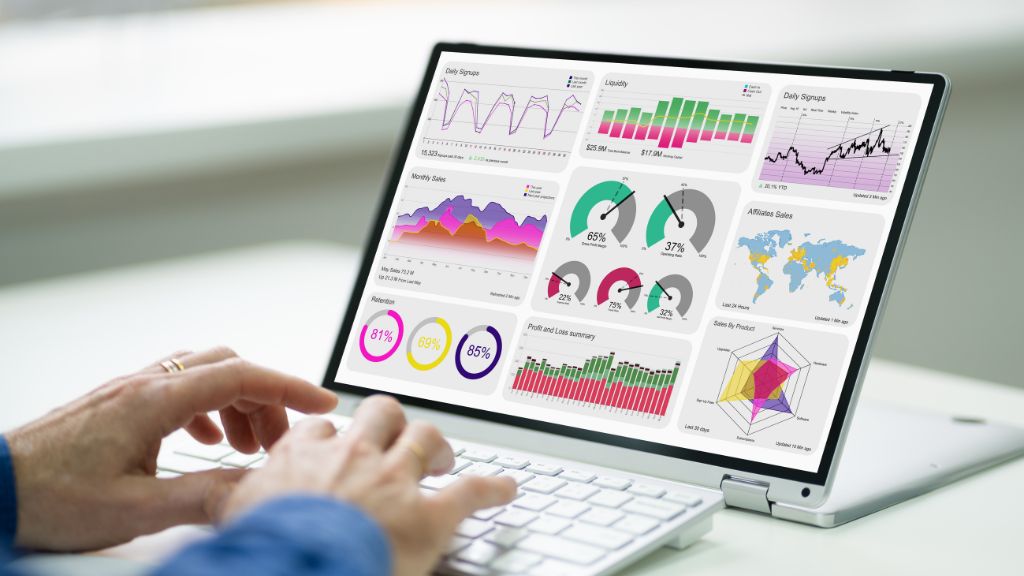
You can also form a set of metrics from the customer data to help you assess the performance of a given activity, such as marketing campaigns instance, and make further decisions as the case may be [4].
Centralized Information Database
CRM software can compile all customer information into one place, making it simple for anyone working within your organization to access it.
This makes it easy for your employees to find out various information seamlessly without having to go through the laborious task of sifting through tons of files and records, eliminating time wasting and fostering productivity.
Accurate Sales Forecasting
With the sales data history that CRM software provides, you will be able to look at past sales performances and make more accurate predictions about how sales may perform in the future.
In a cost-conscious environment, it’s more critical than ever to lay out the projected return on every investment. A data-driven approach allows organisations to balance opportunity and risk through evidence-based decisions. The right CRM and analytics will give you the insights you need to make smart choices at a time when service demand and fundraiser ambition continue to grow. In a risk-averse context, data is key to creating the confidence needed to make investment decisions that will go beyond the next financial year.
– Jane Trenaman, EMEA Nonprofit Advocacy & Fundraising CXO Strategic Industry Advisor at Salesforce
How to Choose the Right CRM for Your Business
Choosing the right CRM software is very important if you are interested in your business’ success.
Before going with one, you need to ask yourself certain questions that should help you make an informed decision on whether you should purchase it.
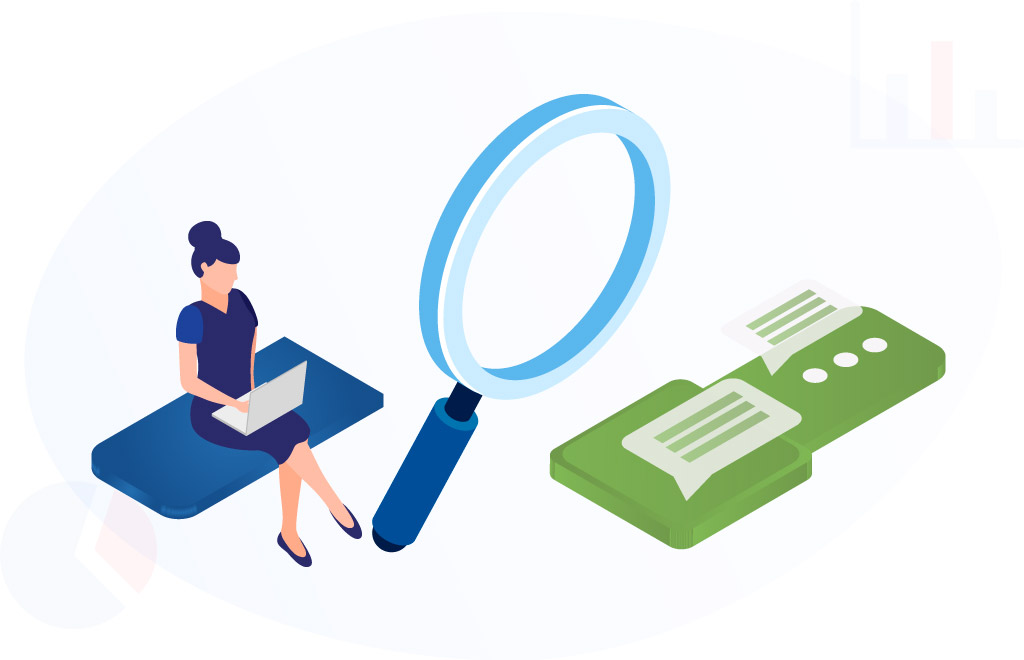
These are some of the questions:
Can it track all team and customer communication?
How easy is it for your employees to use?
Can you use it on the go?
How well does it adapt to your current sales process?
Does it help with sales and contact management?
Can it import your existing customer data?
Does it offer custom reports and performance tracking?
Does it integrate with the tools your business uses?
Can you afford this?
Once you can come up with convincing answers to each of these questions and are satisfied with the CRM software, then go for it, because it will help you achieve business goals easily.
One great advantage of [CRM] is that you can see your customer’s journey holistically. With every phase in the design and every email you sent out reviewed, you can quickly figure out the next move to make. It’s like seeing it from the top view, and you can easily create a decision on what to do next.
– Michael Miller, CEO of VPN Online
Frequently Asked Questions (FAQs)
What Exactly Does A CRM Do?
A CRM helps businesses manage customer data to foster a business-customer relationship. CRM also provides businesses with the tools they need to make informed decisions that would benefit their customers and draw them closer to the business.
Which CRM Software Is The Best?
Deciding on which CRM software is the best depends on your needs as a business, as every CRM software is the best in its own right. Salesforce, ClickUp, and Zoho are some of the best CRM software options available.
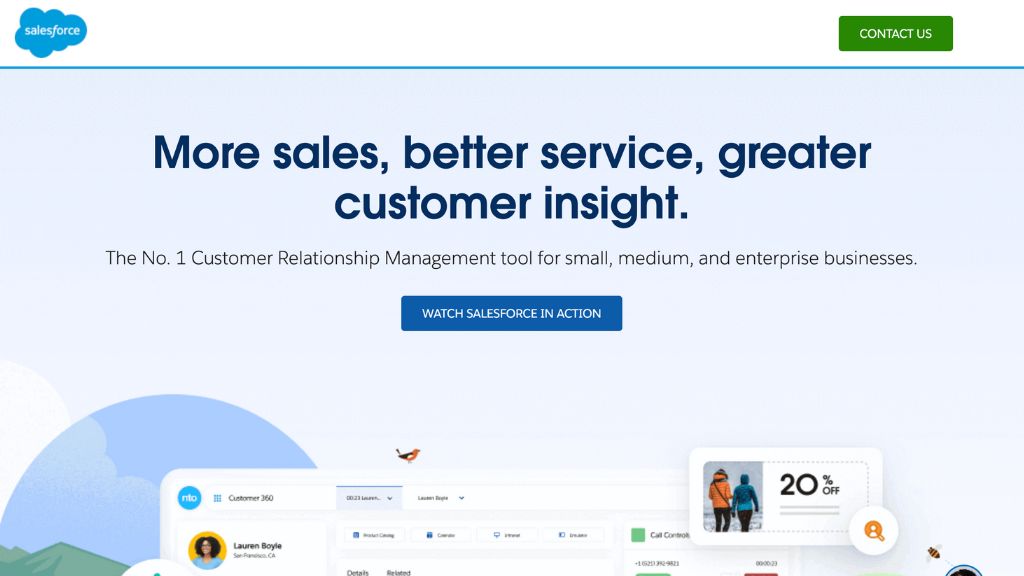
How Do Businesses Choose Which CRM To Go With?
Businesses choose which CRM to go with by assessing certain factors, such as cost, service, and functionality. These factors help them make informed decisions on the best one to go for.
What Is the Cost of A CRM System?
The cost of a CRM system can run into thousands of dollars, especially when you take into consideration the setup and implementation. Also, subscription fees could range anywhere from around $15 to $300 or more, depending on the size of the business.
Conclusion
Using a CRM is an efficient way to manage your business and take it to even greater heights. With a good CRM, you can automate tasks and focus on those that matter.
Also, with customer data to work with, you can decipher how best to keep them happy and ensure they continue patronizing your business offerings. You can also check some of the best email marketing tools that offer a free CRM like Hubspot.
Be sure to only go for a CRM that meets the demands of your business, is budget-friendly, and can deliver optimally for both you and your employees within the business.
